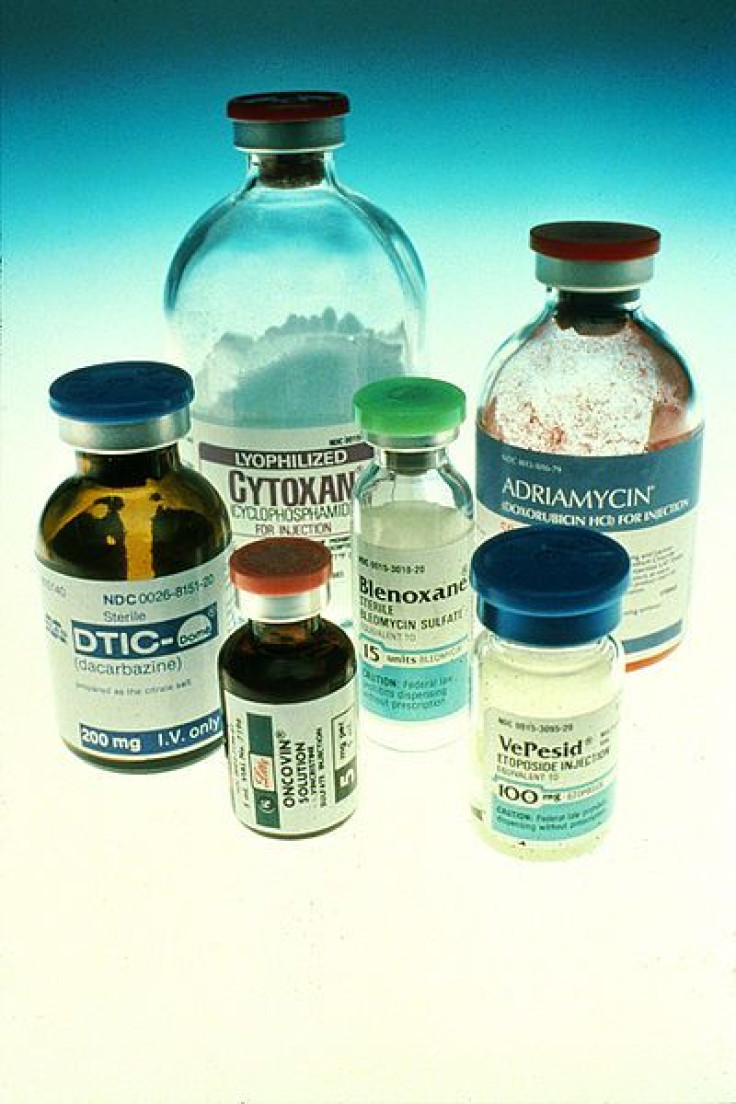Parents Make The Most Mistakes When It Comes To Giving Meds To Own Children With Cancer, Study Says

Researchers in Massachusetts and Georgia published a study in the journal Pediatrics showing that errors in the administration of medication to pediatric cancer patients by parents or families are "common."
The use of home medication for kids with cancer is increasing, the team wrote, and non-professional caretakers are now administering drugs previously given by nurses.
The team recruited patients undergoing chemotherapy as well as their parents at three U.S. pediatric oncology clinics. They observed a total of 242 medication administrations to a total of 92 patients.
They found 72 medication errors, four of which led to significant injury to the patient. "One parent did not taper a psychiatric medication as instructed, and the patient suffered severe agitation," the team write. "Two parents underdosed or failed to fill prescriptions for antacids; both patients experienced prolonged untreated chest and abdominal pain. One patient was administered repeated significant underdoses (<20% of the appropriate dose) of acetaminophen, with resulting failure to relieve pain."
An additional 40 errors had potential for injury, two of which were classified as life-threatening.
Moreover, the researchers added, the rates of preventable medication-related injuries in this outpatient population is comparable to or higher than those in hospitalized patients. The errors, for the most part, consisted of parents administering the wrong doses or missing scheduled doses. And although there were only four injuries, this was a higher-than-expected rate, said researchers.
Further, the errors resulted mostly from miscommunications between parents and doctors, as well as confusion over frequent changes in doses.
"Given the variety of error types detected in our study, multiple support tools will likely to necessary to prevent errors in home medication use in children with cancer," the researchers wrote. "Some communication-based errors may be prevented by using strategies developed in hospitals around handoffs. In adult patients with chronic disease, pharmacist case-management involving health information technology has been used to support home medication use."



























